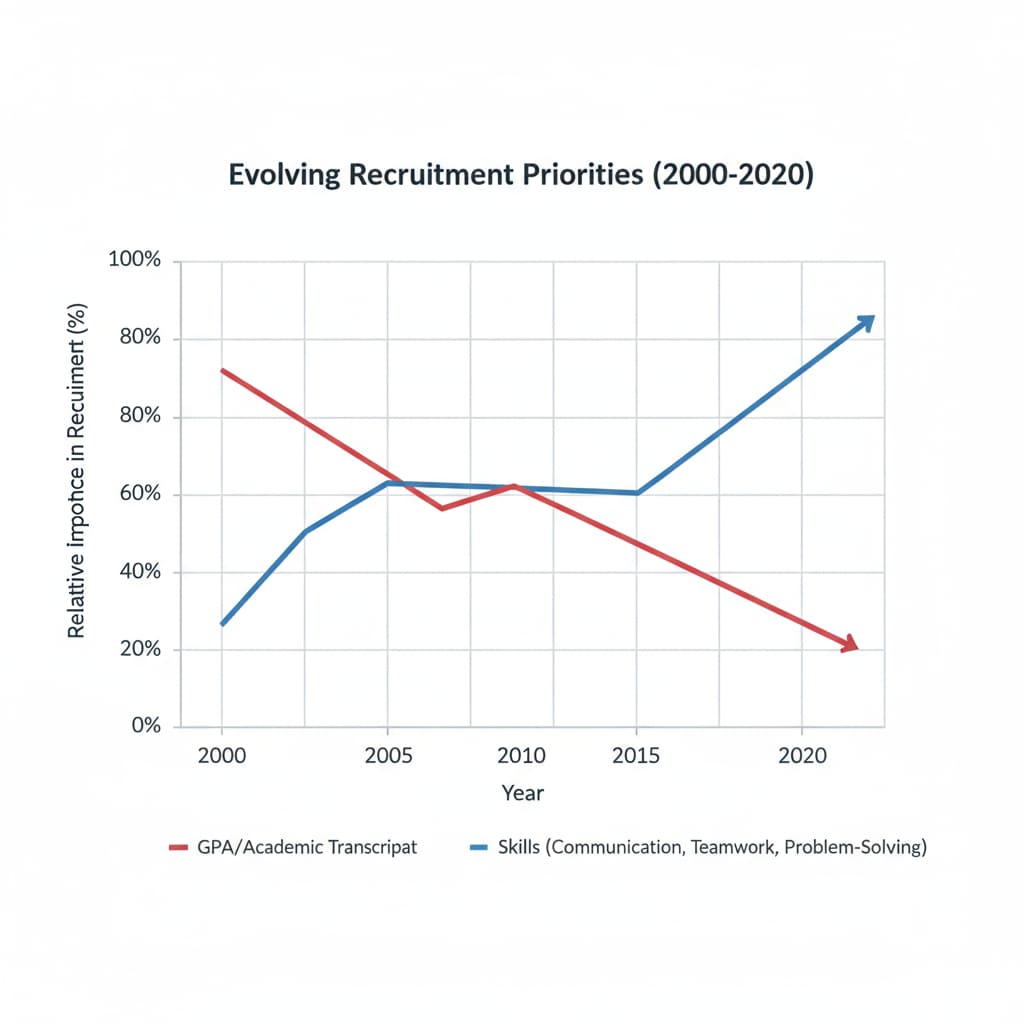University grades, employment, and workplace value are intertwined aspects that often spark discussions among students, educators, and professionals. The age-old assumption has been that a stellar academic record, filled with A+ grades, will automatically translate into a successful career. However, in today’s dynamic job market, this connection is becoming increasingly complex and warrants a closer examination.

The Traditional Belief: High Grades, High-Paying Jobs
For decades, students have been drilled with the idea that achieving top grades in university is the golden ticket to a lucrative career. Parents, teachers, and society at large have emphasized the importance of academic excellence as the key to unlocking doors in the professional world. This belief was, to some extent, founded on the fact that many established companies used GPA as a primary screening tool during the recruitment process. For example, Recruitment practices on Wikipedia show that in the past, firms often set a minimum GPA requirement, assuming that students with high grades were more intelligent, disciplined, and hardworking. However, times are changing.

The Shifting Landscape of Workplace Requirements
In recent years, the job market has undergone a significant transformation. Employers are now looking beyond academic achievements. They are seeking candidates with a diverse set of skills, including critical thinking, communication, teamwork, and adaptability. The rise of technology and globalization has made these soft skills even more crucial. According to Career development on Britannica, companies are increasingly valuing practical experience, problem-solving abilities, and the capacity to learn quickly. A candidate who has interned at multiple companies, participated in real-world projects, and demonstrated leadership skills may be preferred over one with a perfect GPA but limited practical exposure.
Moreover, the nature of work itself is changing. Many jobs now require employees to work in cross-functional teams, collaborate with people from different backgrounds, and be able to handle ambiguity. These demands cannot be solely met by high academic grades. Therefore, the once-direct link between university grades and employment is being disrupted.
Readability guidance: As we can see, the traditional view of high grades equating to great job opportunities is no longer as straightforward. The job market’s shift towards valuing a broader range of skills means that students need to focus on more than just their academic performance. In addition to studying hard for good grades, they should also seek out internships, participate in extracurricular activities, and develop their soft skills to enhance their workplace value.


